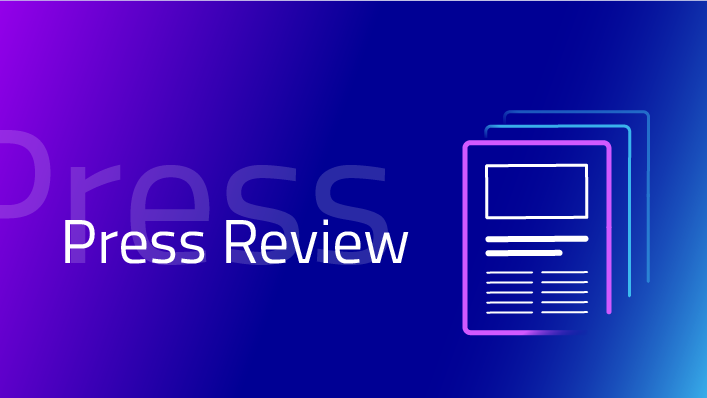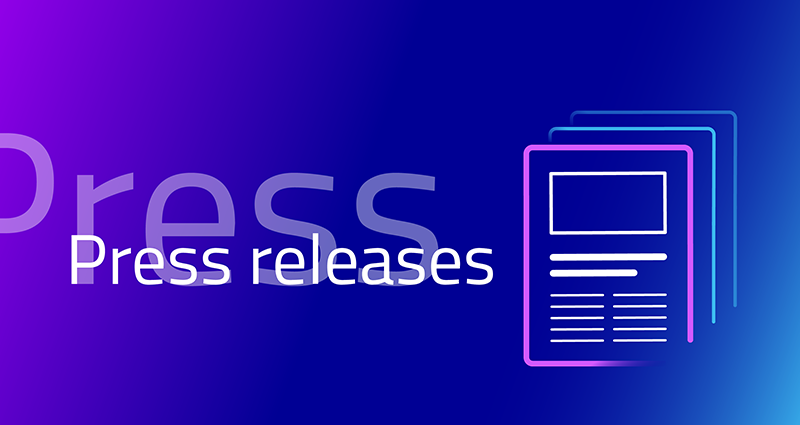
15 December 2022, Brussels, Belgium: The Gaia-X Lighthouse projects, early adopters of the Gaia-X Framework, engage their member companies in creating federations that have Gaia-X compliance at their core for the creation of value chains from data.
The Gaia-X 2022 Summit’s insightful Lighthouses panel demonstrated the growing significance of building data ecosystems and the need to structure, define, and establish guidelines to assure secure, reliable, and traceable data flows between data users and providers in all key industry sectors.
Opening the Lighthouse and Gaia-X panel, Sebastien Picardat, CEO of agdatahub lighthouse for agriculture, states that “Our role is to interconnect 10 million farms with their 500 000 partners in order to share and exchange data to provide innovation into the farms and to provide better information to the consumers in their everyday life. Seeing the Ukrainian case, food sovereignty is important, and data can provide information to improve logistics for providing food to the first processing industry in Europe, but also to export goods throughout the world.”
Olivier Ganser, Head of Programme at Catena-X describes the Lighthouses case as starting from “thinking about a value chain, it has a huge supply chain on the left, and then there will be partners for recycling in the circular economy from the right. So far, these chains are not so much connected to material flows. Only 9% of the materials used are getting recycled. The question is, how do we get to 30-50% with a connection in the network? What Catena-X does is pretty much putting in place standards, a product passes to connect and share information across a multi-enter level to go from left to the right and from right to left.”
Moreover, the trust relay platform of Elinor-X, described by Stefan Metzger, starts with the purpose of supporting highly automated ways to get data sharing agreements and finally provides the data exchange space. In this, the Gaia-X Framework makes an important difference as we share the same understanding of data sovereignty, as there should not be any centralisation of data nor a lock-in. Moreover, trust in the data ecosystem is crucial, which means that the proper identification of the data space participant is elementary. We lose a lot of time because of the lack of contemporary data sharing agreements, including legally binding signatures.
“EONA-X is an anchor of trust, where it needs Gaia-X at the centre of the ecosystem to make sure that the trust is built in order to achieve interoperability between the players. We have put an EDC connector in databases of Air France KLM, Aeroport de Paris, Aeroport de Marseille-Provence, and Amadeus. In our demonstrator, we use verifiable credentials thanks to the Gaia-X trust framework, which allows you to put conditions for the access of data, for example, is your company from Europe or not, or different conditions that allow you to connect or not” – describes Jean-Francois Cases, president of EONA-X.
On the side of EuProGigant, Prof. Dr.-Ing Matthias Weigold states that “We want Gaia-X as the framework for a standardised and interoperable network which has a trust anchor. When we look at SMEs, they have a hard time getting relevant information out of their data, and we saw in the last years that a lot of platforms are pretty much closed, and they run into a lock-in effect. This is what we want to overcome because, in the end, EuProGigant and Gaia-X are all about acceleration and value creation speed increase.”
The Mobility Data Space (MDS) is an already operating, independent marketplace for all mobility relevant data that is open to everyone. The marketplace enables the mobility of tomorrow by providing a secure environment for sovereign data exchange. This results in innovative products, services and business models developing for the benefit of us all. In the words of Michael Schafer, CEO of Mobility Data Space, “it is very important that we have a framework ready so that data spaces can interoperate with each other, and that is also the reason why we appreciate the work that Gaia-X is doing.”
Matthijs Punter from Smart Connected Supplier Networks emphasised the need for trust and identification in the data space ecosystems: “Essentially, what we need is a shareable digital twin of everything that’s happening in this supply network. We work with manufacturing companies and with high-tech suppliers, and we provide them with a connector. In our case, it’s the IDS Connector of the IDSA, and this has matured significantly over the past few years. We work with Gaia-X to ensure that the identification and trust not only works in our own ecosystem but also spreads throughout other ecosystems like EuProGigant and Catena-X.”
When it comes to the infrastructure, Klaus Ottradovetz is showcasing Structura-X as providing a Gaia-X compliant infrastructure services by an ecosystem of federated providers realising a choice of interoperability, portability, and sovereign services as a foundation for Data Spaces and Gaia-X Lighthouse projects “Structura-X has a number of European infrastructure providers. We see this as a strong way to implement and support the idea of having a choice of real server services from Europe to support Lighthouses and other Gaia-X infrastructure projects.
These showcases demonstrate that everything is real. The business cases, the code, and the deployment and when we think about what lighthouses really do in the nautical world, they are leading the way. This is exactly what these lighthouse projects do: they lead the way from Gaia-X Concepts into industrialisation”, concludes Roland Fadrany, COO of Gaia-X.
Special thanks to Gaia-X Summit 2022 partners:
